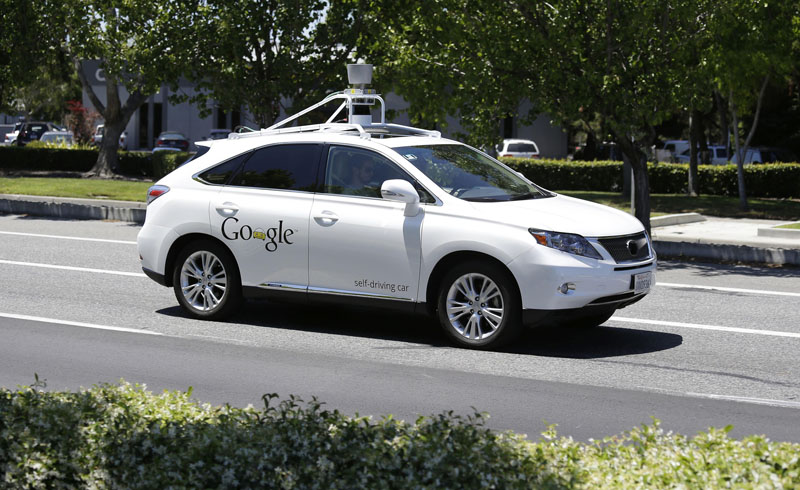Group calls for speeding up favourable regulations for autonomous cars
Washington, May 19
A group seeking to reduce US dependence on foreign oil today called on policymakers to remove regulatory hurdles in order to accelerate the deployment of self-driving cars, as well as revise tax incentives to boost sales of less expensive electric vehicles.
The influential group Securing America’s Future Energy (SAFE) and its leadership council chaired by FedEx Corp President, Chairman and CEO Frederick Smith and retired US Marine Corps commandant James Conway, unveiled a report seeking broad commercialisation of autonomous cars ‘once they are as safe as today’s cars’.
SAFE has been pushing US policymakers since 2006 to boost fuel efficiency standards, increase US energy production and encourage alternative fuel vehicles in a bid to cut oil use in half by 2040.
In January, the US National Highway Traffic Safety Administration (NHTSA) said it would unveil guidelines to states and manufacturers on self-driving cars by July.
SAFE report called for federal rules on autonomous vehicles that would pre-empt state standards and asked NHTSA to revise US regulatory rules that prescribe specific requirement safety equipment and technology that could bar fully autonomous cars without drivers.
The group also seeks to create a federal programme for addressing autonomous vehicle liabilities for early autonomous vehicle deployment to encourage adoption. That would be similar to the National Vaccine Injury Compensation programme. The report also urges pilot projects to test automated delivery trucks.
SAFE wants the creation of a single office at the US Transportation Department and a White House inter-agency working group to oversee autonomous vehicle deployment.
SAFE’s goals also include reducing the value of the federal $7,500 tax credit for vehicles over $40,000 and eliminating it for vehicles over $55,000. Instead of eliminating the tax credit after a manufacturer hits 200,000 electric vehicles sold, the group would phase out the entire credit for the auto industry by 2023.
The move could allow automakers to offer tax credits for a larger number of less expensive electric vehicles, such as Tesla Motors Inc Model 3. “Clearly electric cars aren’t moving fast enough into the marketplace,” said Robbie Diamond, president and CEO of SAFE.
The group of business and military leaders helped prompt then-president George W Bush and the US Congress in 2007 to approve the first increase in passenger car fuel economy standards in more than two decades.
The SAFE report was released at an event that included John Krafcik, CEO of Alphabet Inc’s Google Self-Driving Car programme.






